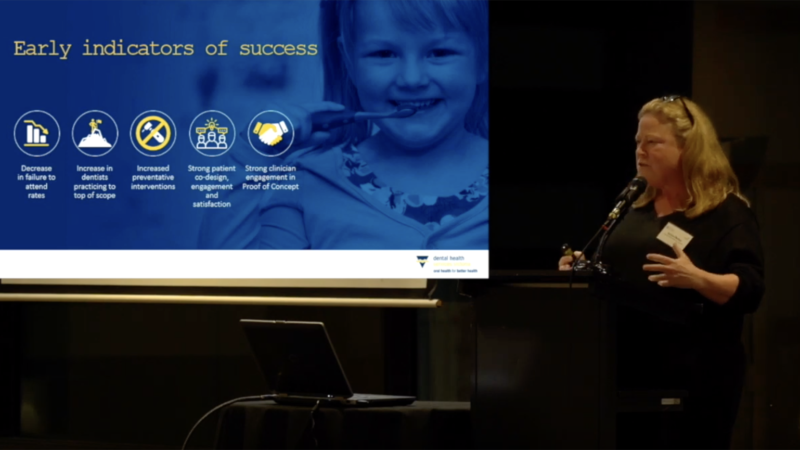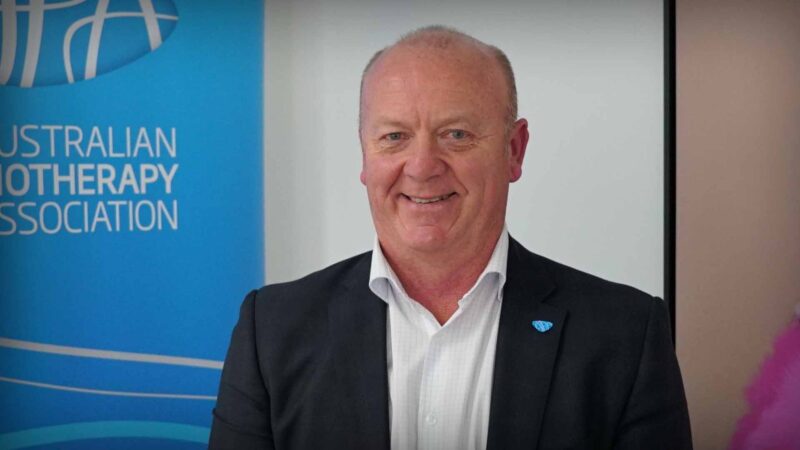INTERVENTION IN HEARING LOSS FOR AUSTRALIAN PATIENTS ACROSS CARE SETTINGS AND WITH PRE-EXISTING CONDITIONS Audiologist talks about indications for GPs, pharmacists, primary care nurses and specialists.
Lauren McNee, is an Audiologist and National Clinic Coordinator Training Manager at Audika Australia, with over 15 years of extensive experience in the industry. For the past five years, she has been dedicated to providing comprehensive training and support for the audiological team and front desk staff at Audika. Her primary focus is to ensure that clients receive the highest standard of care, aligning with industry-leading practices.
Throughout her career, Lauren has been an advocate for early and routine hearing tests, stressing the importance of integrating them into general medical check-ups, especially for individuals diagnosed with conditions such as diabetes. She firmly believes that proactive screening for hearing loss can significantly impact an individual’s overall well-being and the effectiveness of medical treatments.
In her role, Lauren emphasises the urgency of addressing sudden hearing loss, highlighting the time-sensitive nature of available treatment options. She advises healthcare professionals, including GPs, pharmacists, primary care nurses and specialists, to remain vigilant for subtle signs of hearing loss in their patients. Such signs may include difficulty following prescription guidelines, miscommunication during conversations, or non-verbal cues like a tilt of the head or asking for repetitions.
Furthermore, Lauren underscores the crucial role of professionals in various settings, such as aged care nurses and pharmacists, in identifying and addressing hearing loss issues among their clients in the community.
Beyond her clinical work, Lauren actively promotes the understanding of recreational and commercial noise-induced hearing loss. She highlights the potential long-term consequences of recreational noise exposure, such as prolonged use of earbuds and exposure to loud household and leisure activities.
In commercial settings, Lauren advocates for the proactive use of protective equipment for hearing loss in industries such as mining or construction, where individuals may be exposed to hazardous noise levels without proper protection.
You Might also like
-
Value-Based Health Care : Dental Health Services Victoria Case Study
Dental Health Services Victoria has implemented a value based health model for oral health, around the patient and the clinician that included both during co-design. This has been possible with a single oral health data system for the state of Victoria and staff keeping in mind the value and outcomes that patients seek.
-
Scott Willis, talks Physiotherapy
Health Executive Leadership Insights (HELI)
Scott Willis, the National President of the Australian Physiotherapy Association talks Physiotherapy -
Improvements in dental literacy and greater clinical insights through digital technology
Dr. Kenneth Soh is a General Dentist based in Kellyville, New South Wales, a suburb located in northwestern Sydney. Originally from Melbourne, he studied Bachelor of Dental Science (BDSc) at Melbourne University and graduated in 2003. After working for a year in the Mornington Peninsula, Dr. Soh moved to New South Wales, initially thinking it would be temporary; however, he has been there for 19 years. While he has considered specialising, he finds joy in all aspects of dentistry.



